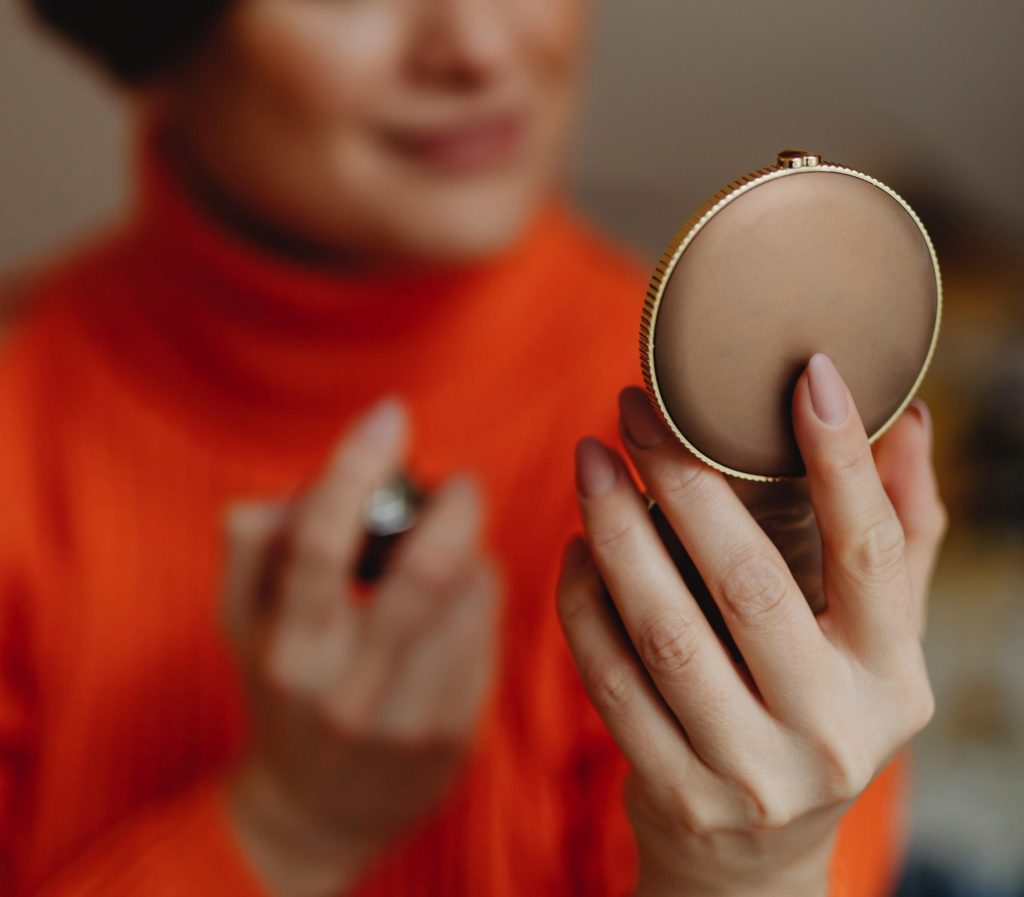Is physical appearance more important than personality, and which of these factors has a deciding influence on our perception of others?
This on-going debate about the way we see others (and ourselves) introduces strongly opposed opinions. Some people believe that physical attraction is superficial and irrelevant, while some consider character and personality less important than good looks.
What is it that constitutes as physical attractiveness in the first place, and how do we respond to it? Even more importantly, is physical beauty a primary basis for the attraction that leads to pursuing meaningful relationships with other people?

Why does physical beauty impress us?
Superior essay writer and art major Meghan Johnson reminds us that, in our very distant past, it was the custom to decide on a potential mate based on their physical appearance. Facial symmetry, athletic build, good-looking skin, and good teeth were considered the signs of good health. These signs indicated a man was a capable hunter who can best defend his tribe, while a woman was suitable for bearing healthy, long-lived offspring.
Thousands of years have passed since we lived in caves and fought for everyday existence with rocks and clubs. Yet, it seems that we’re still not free of a strong influence called physical appearance. We are often, at times even unconsciously, assessing people we meet based on how they look. Besides being a “mechanism” we inherited from our distant ancestors, is there more to cherishing good looks than meets the eye?
Dealing with a fatal attraction
Beauty is stunning, captivating, and pleasant to be around, but it can also become a potential trap. There’s no harm in appreciating someone’s good looks, but what if we don’t stop there?
There is a specific type of cognitive bias we often fall victims to without even realizing it. It seems that pretty faces inspire trust: We can feel inclined to assess someone as a good, well-mannered, or trustworthy person simply because of their eye-pleasing physical appearance. Of course, we are rationally aware that the way a person looks often has nothing to do with their personality, yet we can’t help ourselves from making instant judgments that offer no logical explanations. In the academic circles, this discrepancy in judgment is known as the Halo effect, and if we don’t keep it under control, it might cause undesirable consequences.
Prejudice that “beautiful means good” is often the reason for falling for a “bad” boy or girl, believing a product or a service is affordable and necessary just because it’s sold by an attractive person, and even hiring a less competent candidate merely because their appearance is pleasant.
Unfortunately, pretty does not always equal good. Whatever more, sometimes it can “conceal” someone’s bad behavior or even toxic personality.
Conquering the beauty standards
Ancient Greeks had high beauty standards for both men and women, renaissance introduced fair, light-haired curvy maidens, while baroque preferred dark-skinned, dark-haired beauties with a more slender physique. Modern times are imposing their own beauty standards, showcasing them on runways, TV shows, and printed and online publications.
Times change and our perception of beauty alters. However, even though we’re witnessing constant shifts in beauty standards, we do have a certain “common ground” on what most of us find attractive in a man or a woman.
Here is one strange thing about physical appearance, though. The most beautiful people should, theoretically, always be nothing but successful, happy, and surrounded by thousands of friends, but we know it isn’t always so. Likewise, some less attractive individuals often manage to find partners easily, their friends adore them, and their careers never suffered because they lack certain physical appeal.
The magic called charisma
It seems that, although we appreciate beautiful people, we also assess our potential partners and friends based on their other traits, such as self-esteem, humor, or cleverness. Additionally, getting to know someone who has a great personality often makes them more attractive (or less unattractive) to us. We tend to forget their less inviting attributes, and sometimes even get fond of them.
Beautiful people may start the race as the usual favorites, but an attractive personality never stays hidden for too long.
Conclusion
To write an essay about beauty was once an assignment taken on by philosophers. Until this time and day, a lot has been said and written about it. It’s been a fascination and inspiration for many, from every art student and seasoned writer to each and every one of us who at least once happened to admire a beautiful painting or a beautiful face.
In conclusion, let’s revisit the life-long question: Does beauty matter more than personality? It seems that, although appearances do matter, they are not necessarily decisive factors when we choose partners and friends. Will we fall head over heels for someone because of their looks alone, or we will be willing to overlook this short-term advantage and search for personal qualities we cherish? Ultimately, that decision is always ours to make.
